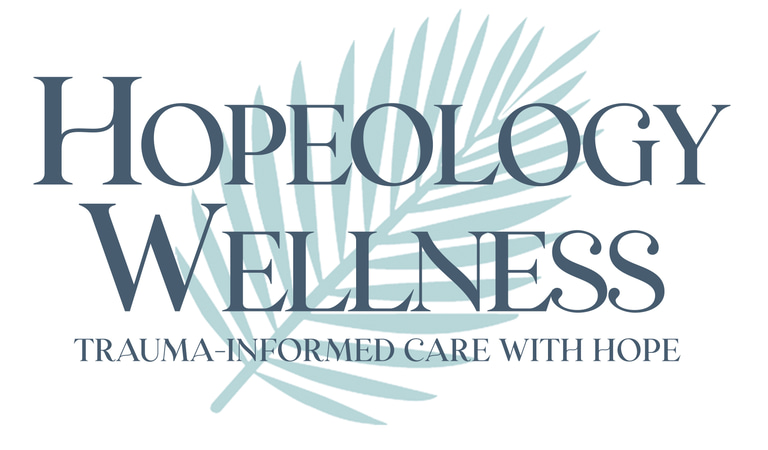The Value of Adolescent Therapy and How to Reframe Resistence
A blog post discussing the purpose and value of therapy for adolescents
ADOLESCENT THERAPY
Meg Kraner
5/22/20254 min read


The primary goal of the Adolescent life stage is to learn how to be a successful Adult.
Naturally, adolescence is a time of transformation, filled with necessary challenges and exciting milestones of growth. As tweens and teens navigate increasing academic pressures, new social dynamics, and the discovery of self-identity, they may encounter emotional reactions that feel overwhelming. Therapy infuses evidence-based tools into the daily operating system of the adolescent brain by providing a safe space for processing of emotions, self-exploration, skill-building, and reflection; ultimately creating the foundation for them to thrive.
**The Benefits of Therapy for Adolescents**
1. Improved Emotional Regulation and Coping Skills
Biologically, the adolescent years are a time when the mind and body will experience the highest intensity of emotions, but the individual is often lacking the tools to manage them effectively. Therapy helps adolescents recognize, express, and regulate their feelings in healthy ways so that these strong emotional reactions don't get in the way of daily life or land them in sticky situations!
2. Better Communication and Relationships
Many teens struggle with effectively expressing their needs and feelings to parents, teachers, or peers -- typically, because they, too, are trying to make sense of what they are needing or feeling! This barrier in communication can easily create resentment, anger, and cause temporary or permanent damage to relationships. Therapy fosters the ability to communicate needs and feelings in healthier, more successful ways; ultimately, enhancing relationships with others!
3. Diagnosis and Symptom Management
If a car's check engine light goes on, or the vehicle is making a funny sound, it is best to have it assessed and find a solution quickly. The longer the problem continues, the worse it often gets. Similarly, if you or your child had a medical condition such as diabetes, a food allergy, or an auto-immune disease -- you'd want to know sooner rather than later, right? These same concepts apply to mental health, too! Early identification of a mental health diagnosis or learning to alleviate symptoms such as depressive episodes, risky behavior, or panic attacks is vital to the overall wellbeing of an individual. Early intervention provides adolescents with the tools to address these concerns before they escalate or perpetuate into adulthood.
4. Increased Self-Understanding and Confidence
The skills learned in adolescent years are crucial for adulthood, however, learning who they want to be as an adult is just as important as how to be an adult. Through self-reflection and guided support, adolescents can gain a clearer sense of identity and self-worth. This boosts their confidence and allows them to set goals and make choices to support their desired path(s) in life.
Is your child resistant to therapy? Below are 3 ways to clear the hurdle of resistance!
1. Adress Stigma
Despite the rise in mental health awareness among the younger generation, some adolescents still hesitate to seek therapy due to stigma or fear of being judged by parents, family, or peers. It is essential to create a home environment and culture that normalizes seeking help for any problems or current struggles.Parents, educators, and peers can play a role in encouraging open conversations about mental well-being and reinforcing that seeking help is a sign of strength, not weakness.
2. Emphasize the Goal(s) instead of the Problem(s)
Often the analogies of going to the doctor when sick, or doing physical therapy after a broken bone, are used to help adolescents understand the purpose of mental health care. While these analogies can be a great starting point, they can also be damaging as they reinforce the idea that something is "wrong" with the individual. Remember to put stronger emphasis on the goals and benefits of therapy; because both the individual and those they interact with will benefit! This can sound like:
"I know you feel the tension in the household, too. One outcome I am seeking is for us to all feel comfortable at home. Would that benefit you?"
"I want to understand you more and find ways to have better interactions with you."
"I imagine you don't like spending so much time feeling annoyed/frustrated/angry. Can you imagine how good it would feel to not feel those ways so frequently?"
--> BONUS TIP: If possible, be proactive in starting therapy! Beginning therapy when in crisis mode is the norm -- and can be vital to restoring balance and wellbeing -- however, this path comes with its own challenges. Beginning therapy when challenges first arise, or as soon as possible, will yield the best results!
3. Offer Choice and Control
In the average day of an adolescent, there are very few opportunities for choice, control, or to even share an opinion. They are often only operating according to the demands and expectations of others -- teachers, parents, coaches, older siblings or other caregivers, etc.
Give your child as much choice and control as possible by asking if they would prefer to work with a therapist of a specific gender, age, or race. Would they prefer weekend or weekday appointments? Virtual or in-person? Show them the websites and biographies of the providers/practices you are considering so they can get a feel for the experience they are about to have. The more involved they are, the more successful the experience will be.
Conclusion
Therapy is a powerful resource that helps adolescents navigate life’s complexities with greater confidence and resilience; and can strengthen the bond between caregivers and children. Therapy infuses evidence-based tools into the daily operating system of the brain. It is a safe space for self-exploration, skill-building, and emotional support; empowering teenagers to thrive.
If you or a loved one is struggling, consider reaching out to our team of skilled professionals -- because mental health matters at every stage of life.
Contact Information
Subscribe to our newsletter
Socials
1640 Powers Ferry Road
Building 20, Suite 100
Marietta, GA 30067
678.224.1617
